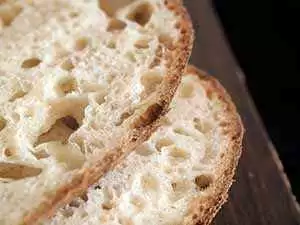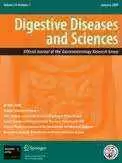Celiac.com 02/22/2013 - Scientists estimate that about 1% of the global population has celiac disease. For those who suffer, following a gluten-free diet is the only treatment available. Among doctors such treatment is known as 'medical nutritional therapy (MNT).'
 Recently, researchers have paid more attention to sourdough lactic acid bacteria as a way to improve the therapeutic benefits of gluten-free bread and baked goods for people on a gluten-free diet due to celiac disease.
Recently, researchers have paid more attention to sourdough lactic acid bacteria as a way to improve the therapeutic benefits of gluten-free bread and baked goods for people on a gluten-free diet due to celiac disease.
Celiac.com Sponsor (A12):
A team of researchers recently set out to assess use of sourdough lactic acid bacteria as a cell factory for delivering functional biomolecules and food ingredients in gluten free bread.
The research team included Elke K Arendt, Alice Moroni and Emanuele Zannini. They are variously affiliated with the School of Food and Nutritional Sciences at University College Cork, Western Road, and the National Food Biotechnology Centre at University College Cork, in Cork, Ireland.
More and more, consumers are demanding higher quality gluten-free bread, clean labels and natural products. Still, replacing gluten in bread presents significant technological challenges due to the low baking performance of gluten free products (gluten-free).
Sourdough has been used since ancient times to improve quality, nutritional properties and shelf life of traditional breads, sourdough fermentation may offer a better solution for commercial production of gluten-free breads.
In a recent issue of Microbial Cell Factories, the research team highlights how sourdough lactic acid bacteria can be an efficient cell factory for delivering functional biomolecules and food ingredients to enhance the quality of gluten free bread.
Source:
- Open Original Shared Link





Recommended Comments
There are no comments to display.